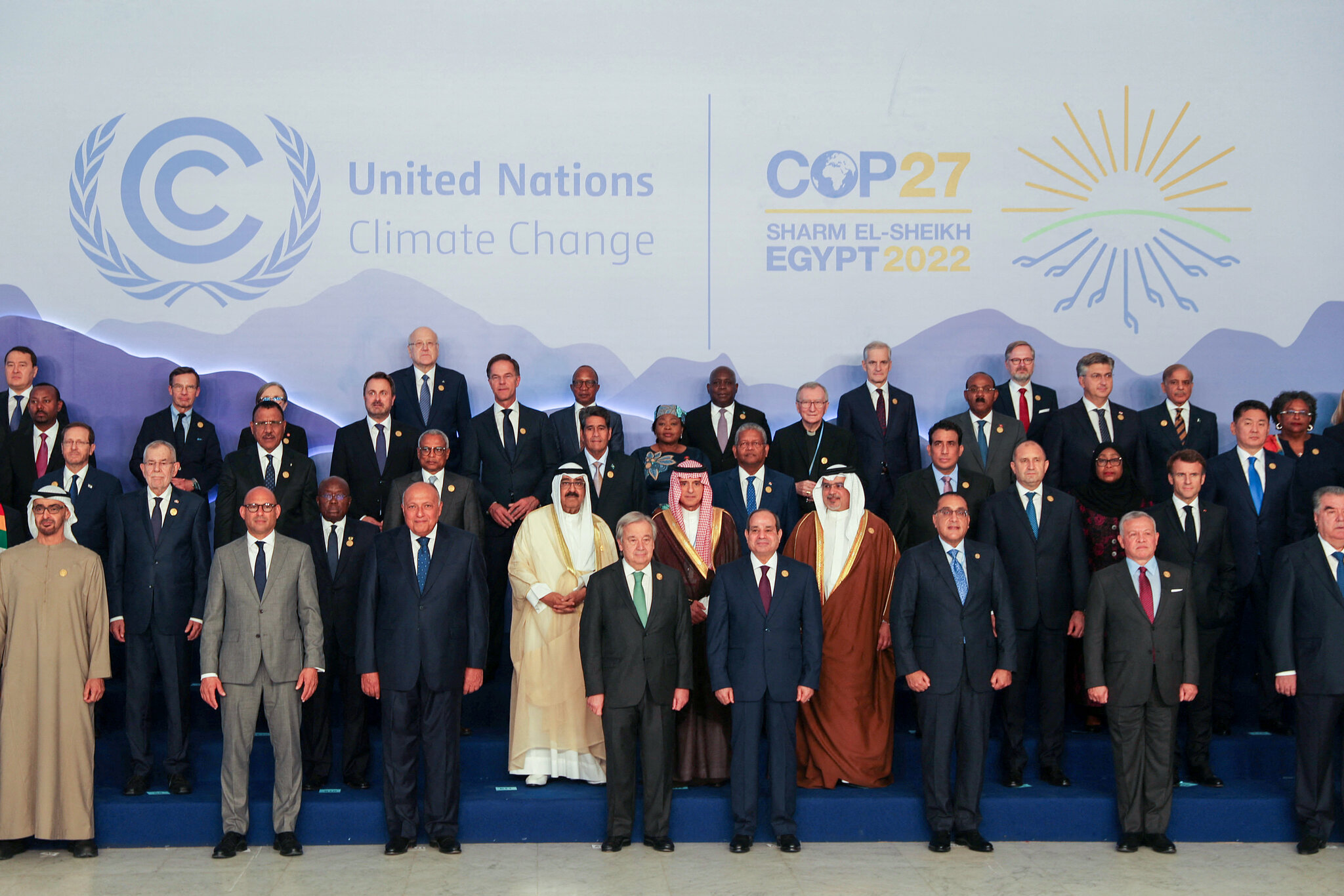The United Nations has once again sounded the alarm over the escalating climate crisis, urging world leaders to take immediate and decisive action. As record-breaking heatwaves, floods, and wildfires devastate communities across continents, the call for urgent measures has grown louder than ever.
In recent reports, scientists have warned that the planet is nearing irreversible tipping points. Without drastic reductions in greenhouse gas emissions, the world risks facing catastrophic consequences for ecosystems, economies, and human health.
Global Leaders Struggle to Reach Consensus
While the urgency is clear, achieving global consensus remains a major challenge. Developing nations argue that wealthier countries should bear greater responsibility, given their historic contributions to emissions. Meanwhile, industrialized nations emphasize the need for joint action, often leading to prolonged debates rather than concrete steps.
The lack of unity has slowed progress at international climate summits, frustrating activists and vulnerable communities already experiencing severe climate impacts.
Economic Implications of Climate Inaction
Beyond environmental concerns, economists warn that climate inaction could lead to massive financial losses. Rising sea levels threaten coastal cities and infrastructure, while agricultural disruptions could trigger food shortages and price spikes.
The World Bank has projected that climate-related disasters could push millions into poverty if left unaddressed. Insurance companies are also struggling, as payouts for natural disasters reach unprecedented levels.
Technology and Innovation as Part of the Solution
Despite challenges, technological innovations offer a glimmer of hope. Renewable energy sources like solar and wind are becoming more affordable, and advancements in electric vehicles and energy storage are gaining momentum.
Global corporations are investing heavily in green technologies, both as a response to consumer demand and as part of long-term sustainability strategies. Experts believe that public-private partnerships could accelerate the transition toward cleaner energy systems.
Political Tensions and Accountability
Climate change has also become a political flashpoint. Some leaders frame it as a national security issue, while others downplay its significance to avoid economic disruption. This divide is evident in policy decisions, with some nations scaling back climate commitments under political pressure.
Civil society groups, however, continue to demand accountability. From mass protests to legal action against governments, citizens are increasingly vocal in demanding climate justice.
The Role of Youth Activism
Youth activists have emerged as powerful voices in the climate movement. Figures like Greta Thunberg and countless grassroots leaders have mobilized millions worldwide, pressuring governments to act. Their message is clear: the younger generation refuses to inherit a planet devastated by negligence.
Social media platforms amplify these campaigns, helping climate activism gain global visibility and momentum.
A Narrowing Window for Action
Scientists stress that the world has only a narrow window—roughly the next decade—to make meaningful changes. Every year of delay reduces the chances of meeting critical targets, such as limiting global warming to 1.5°C above pre-industrial levels.
Failure to act decisively could lead to more extreme weather events, ecosystem collapses, and large-scale displacement of populations.
FAQs
Why is the UN pushing for urgent climate action now?
Because new scientific reports show that the planet is approaching dangerous tipping points, with irreversible consequences if emissions aren’t reduced quickly.
What challenges do global leaders face in reaching agreements?
Differences between developed and developing nations over responsibilities and funding often slow down progress.
How does climate change impact the economy?
It threatens infrastructure, agriculture, and insurance industries, potentially leading to massive economic losses worldwide.
What role does technology play in climate solutions?
Innovations in renewable energy, electric vehicles, and sustainable practices offer pathways to reducing emissions.
Why is youth activism important in climate change?
Youth activists bring global attention to the issue, mobilize large movements, and pressure governments to prioritize sustainability.
Conclusion
The climate crisis is no longer a distant threat but a present reality demanding immediate attention. As natural disasters become more frequent and severe, the world is reminded that delay comes with devastating costs. Global cooperation, innovation, and accountability are the only viable paths forward.
Yet, despite challenges, hope remains in the form of youth activism, technological progress, and grassroots movements. If governments and corporations can match this momentum with decisive action, humanity may still have a chance to avert the worst outcomes of climate change and secure a sustainable future.






